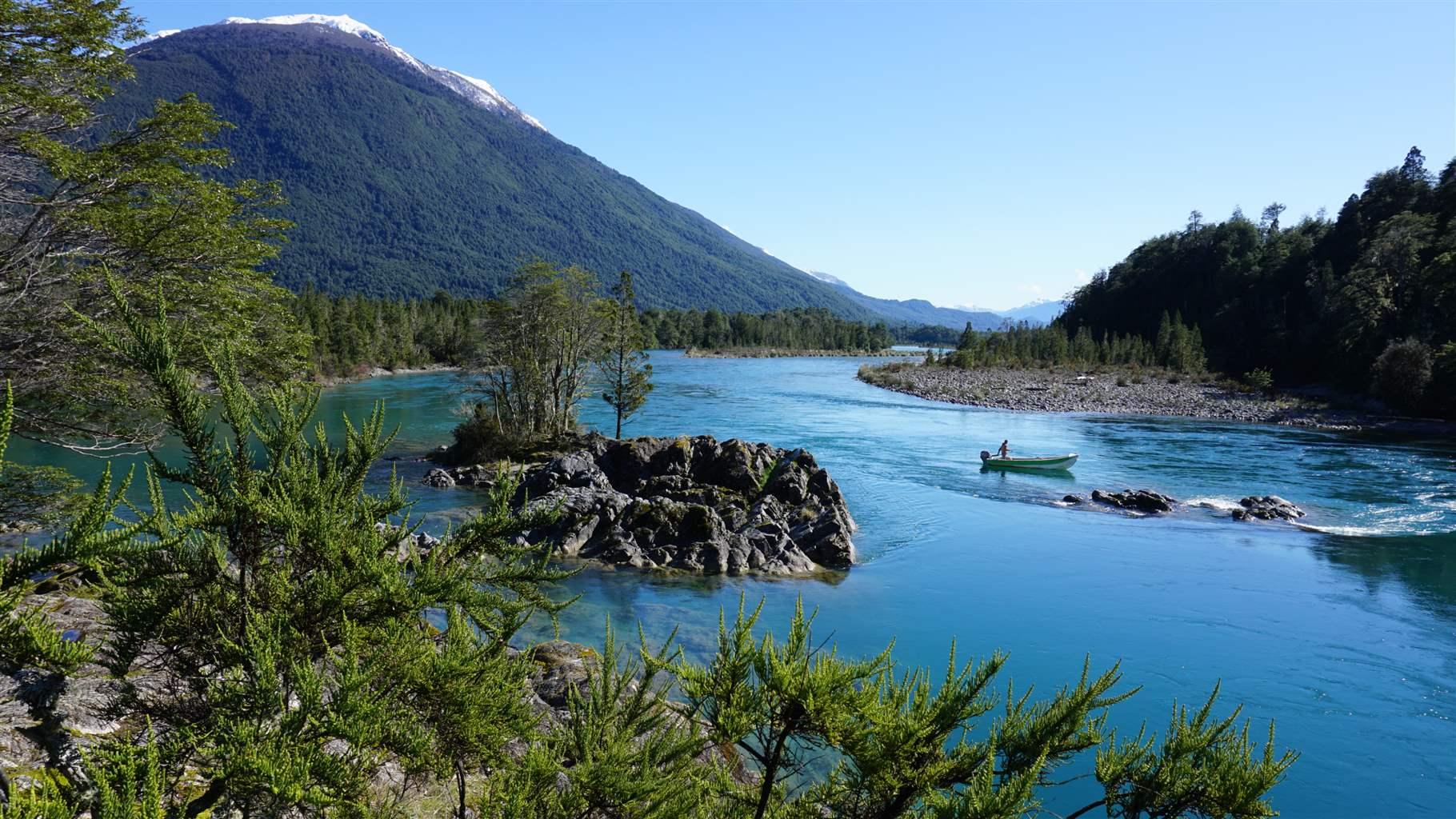Leaders From Chile and California Work Together on Conservation
Network to discuss philanthropy, partnerships, and protecting coastal areas

Members of the Chile California Conservation Exchange will meet Oct. 21-24 to find ways to encourage environmental philanthropy, support sustainable development through partnerships, and strengthen coastal protections.
Some 30 Chileans—including government ministers, researchers, foundation directors, and representatives of nongovernmental organizations—and their U.S. counterparts will meet in Santa Cruz, California, to share ideas and environmental policy expertise. They will focus on encouraging collaboration between U.S. and Chilean policymakers, increasing awareness of coastal conservation efforts in both regions, and identifying next steps in Chile’s coastal planning process. This will be the group’s third meeting since its creation in 2017.
Chile and California have had a strong connection since the days of the Gold Rush, when about 10,000 Chileans—1 percent of the population at the time—traveled to California in search of a better future. There, they found a region with a familiar climate, and geographical features and animal species that were very similar to those back home.
Over the years, this connection has evolved, and the two have a long history of collaboration on environmental issues and other projects.
In the mid-1960s, Chile and California signed an agreement to work together on agriculture, education, and transportation. Since then, agriculture has become one of Chile’s major industries, with fruit and wine among the country’s most popular exports.
In 2004, a free trade agreement between Chile and the United States helped strengthen these ties. And four years later, Chilean President Michelle Bachelet and California Governor Arnold Schwarzenegger (R) signed an agreement creating the Chile-California Plan, billed as a “strategic partnership for the 21st century,” to foster collaboration on energy, agriculture, education, and the environment.
The Chile California Conservation Exchange was created to help establish laws encouraging land conservation in Chile, to support collaboration among conservationists in Chile and California, and to expand conservation philanthropy in Chile.
Francisco Solís Germani directs The Pew Charitable Trusts’ work in Chile’s Patagonia region.












